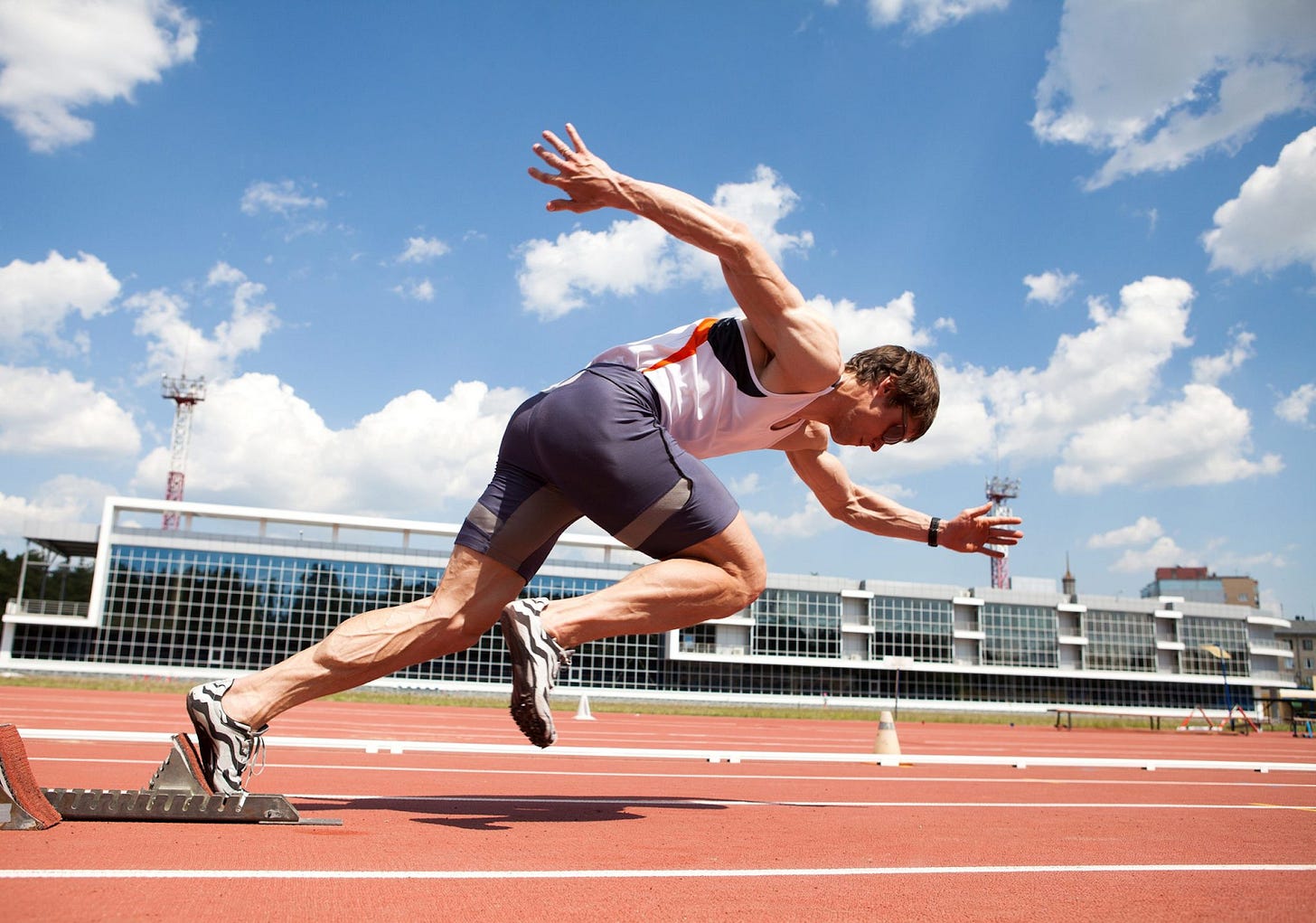Correlation Between Sleep and Athletic Performance
Written by Azzy Xiang
Sleep is often an overlooked aspect of athletic performance, yet it plays a crucial role in recovery, muscle repair, and overall physical and mental well-being. Athletes who prioritize sleep can experience significant improvements in performance, making it an essential component of training and competition.
During sleep, the body undergoes several restorative processes. Human growth hormone (HGH or just GH), which is vital for muscle growth and repair, is released predominantly during deep sleep. This hormone aids in the recovery of muscles after strenuous workouts, allowing athletes to perform at their best in subsequent training sessions and competitions.
As many parents tell their children as well, sleep is essential for cognitive function, including attention, decision-making, and reaction time. Lack of sleep can impair these cognitive abilities, leading to decreased performance on the field or court. Athletes need to be sharp and focused, and adequate sleep ensures that they can execute strategies and react quickly during competitions. You also probably know that it’s traditionally said that getting enough sleep is more important than cramming for exams by pulling all-nighters, of course, since you won’t be able to retain or apply the information with a severe lack of sleep.
On that tangent, research has shown that sleep deprivation can negatively impact endurance and strength. A study found that athletes who slept less than the recommended amount experienced reduced performance in terms of speed and agility. Furthermore, chronic sleep deprivation can lead to increased risk of injuries, as fatigue can compromise coordination and judgment.
The quality of sleep is just as important as the quantity. Sleep cycles include REM (rapid eye movement) and non-REM stages, each contributing to different aspects of recovery. Athletes should aim for 7-9 hours of quality sleep per night, incorporating practices such as a consistent sleep schedule, a relaxing bedtime routine, and a conducive sleep environment. By prioritizing sleep and integrating it into training regimens, athletes can enhance their performance and reduce injury risks. You might also be able to get a better score on your exam!
Written by Azzy Xiang from MEDILOQUY


